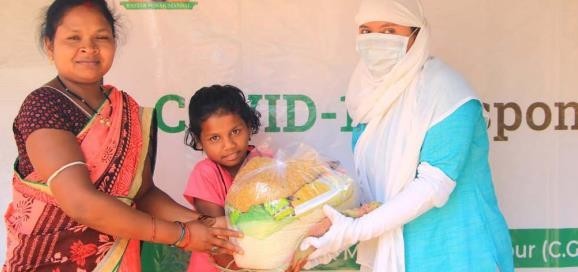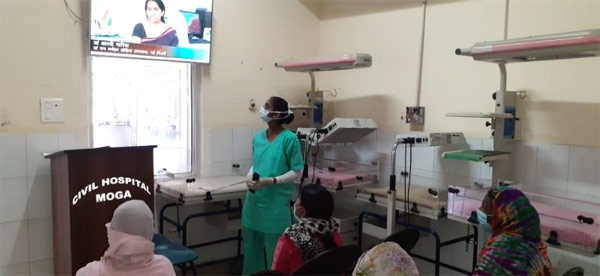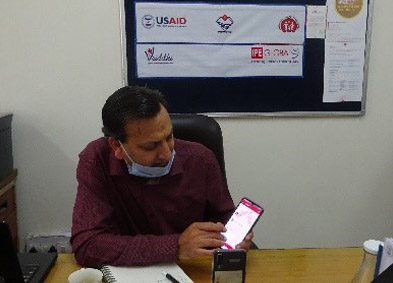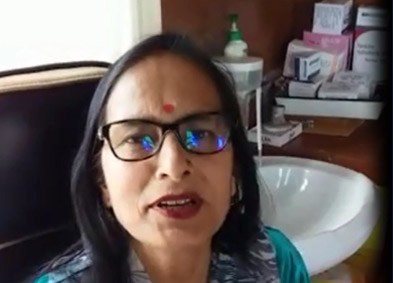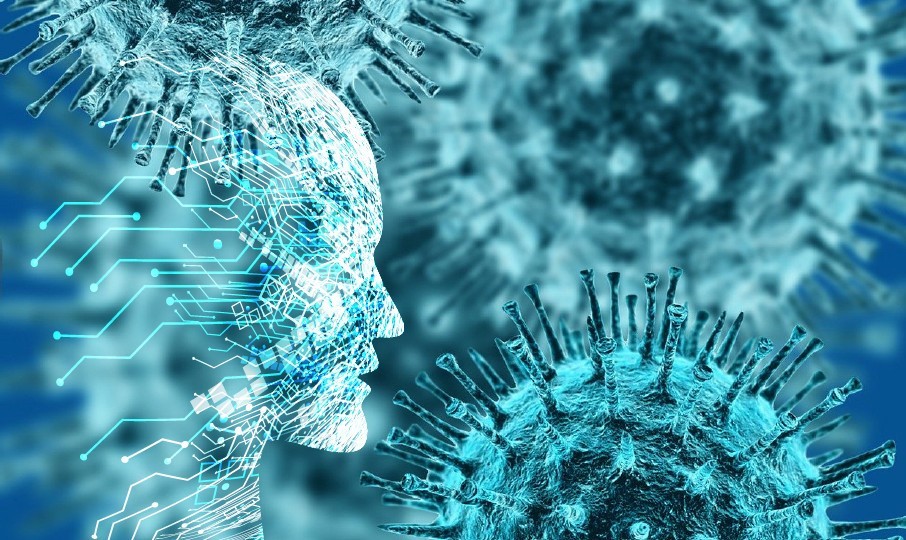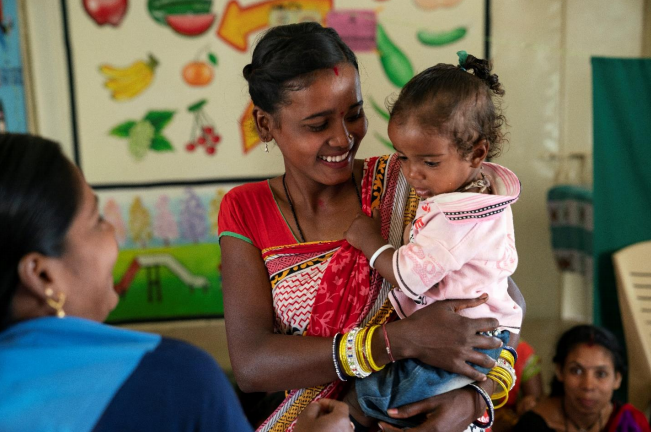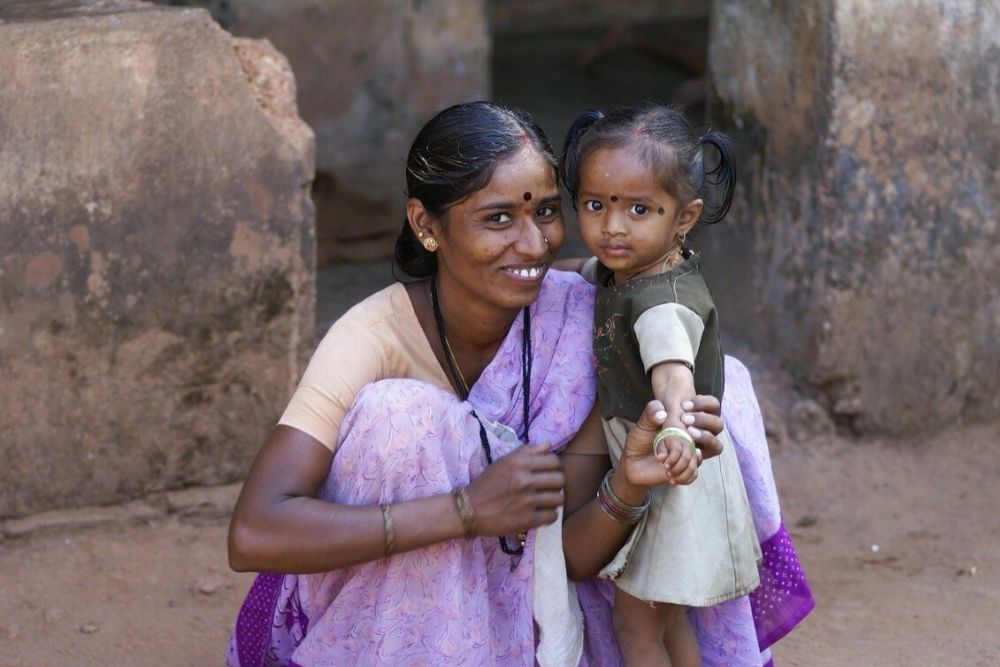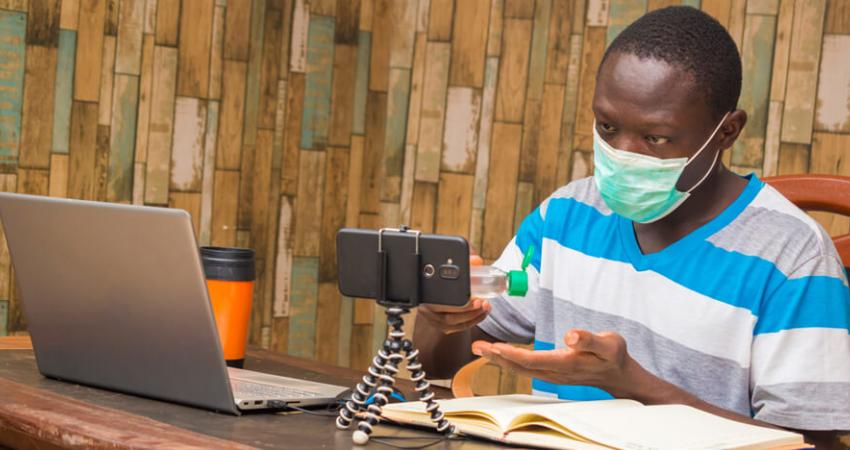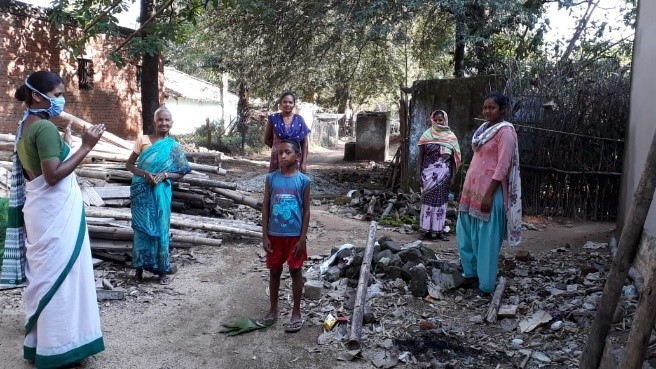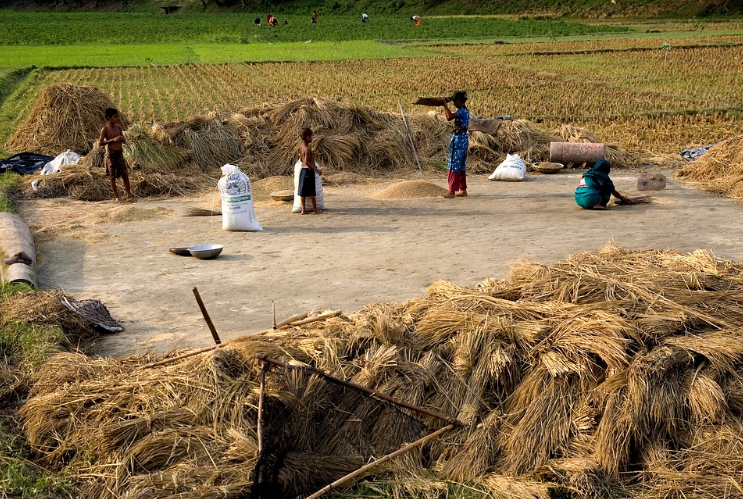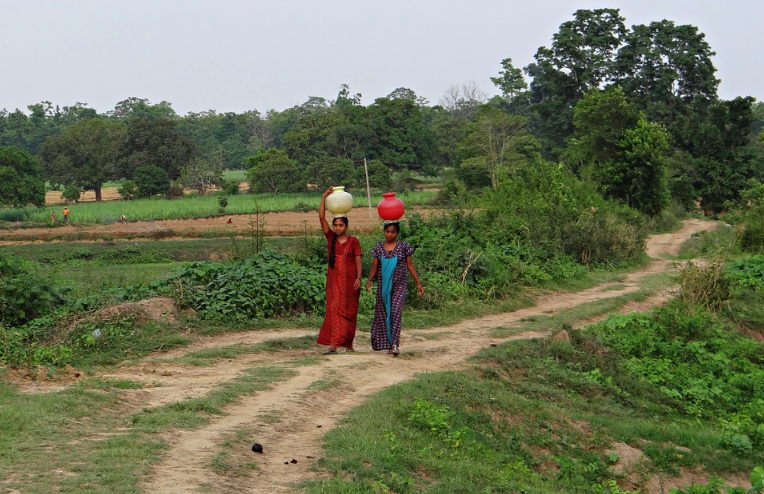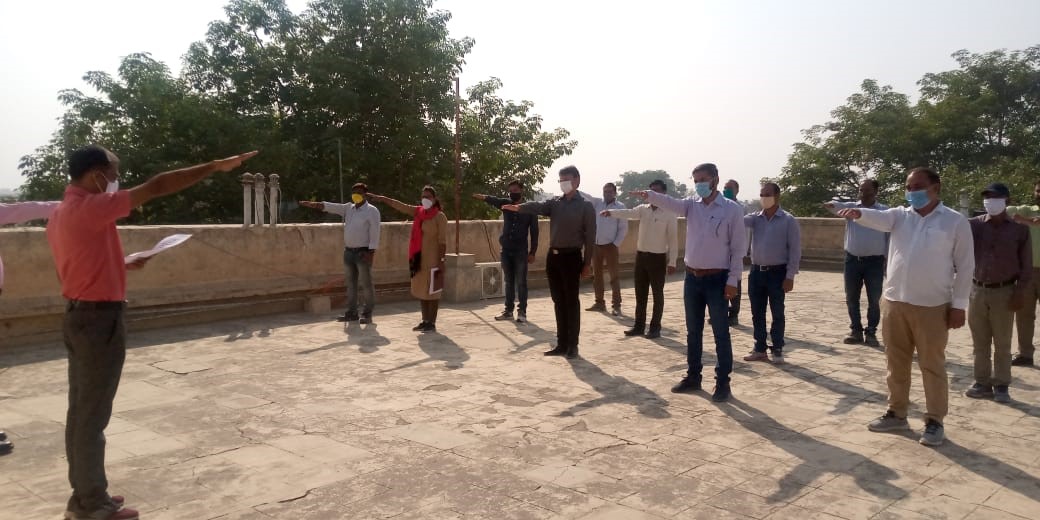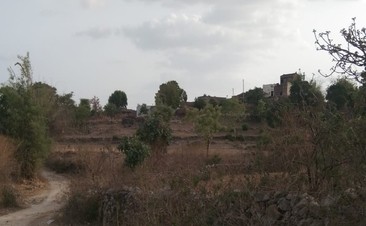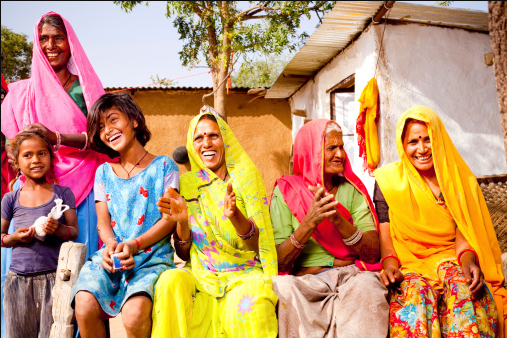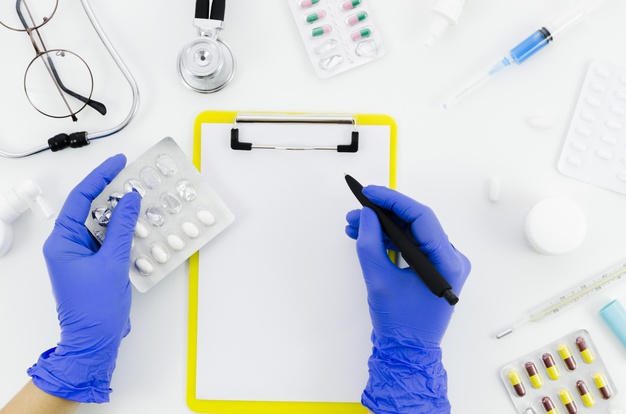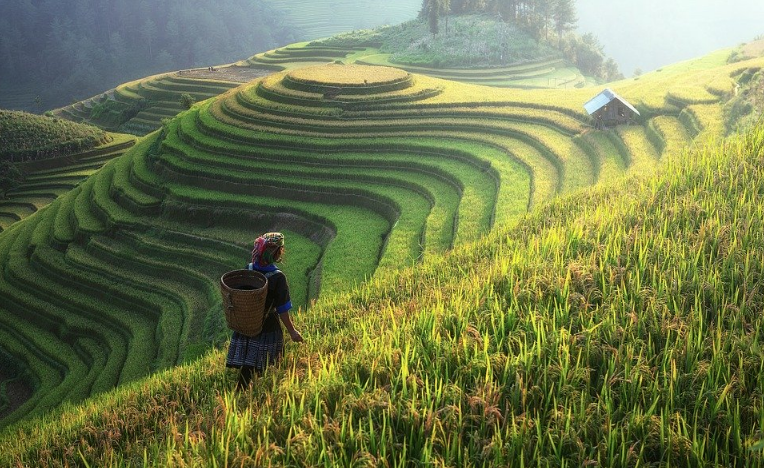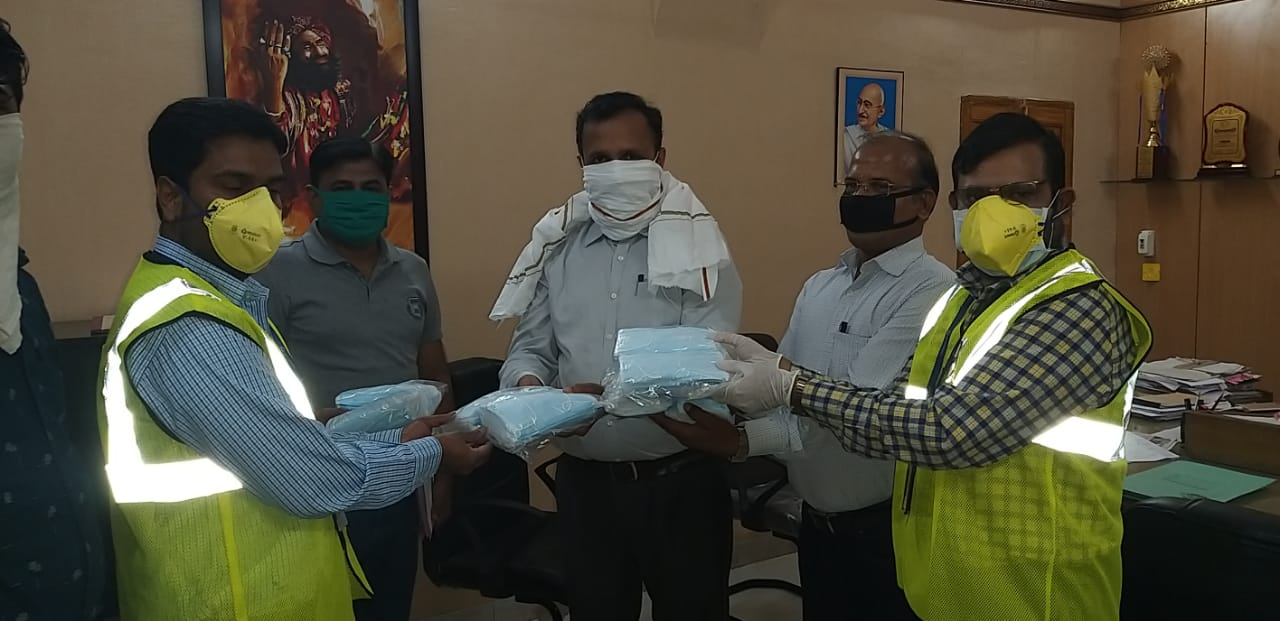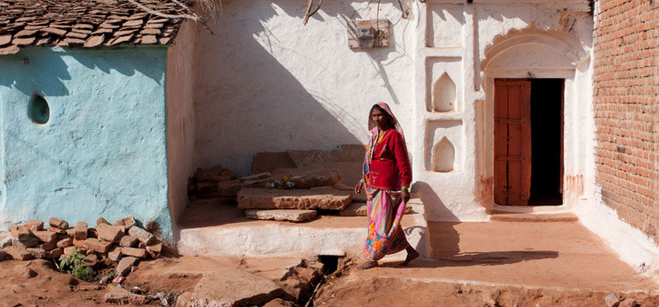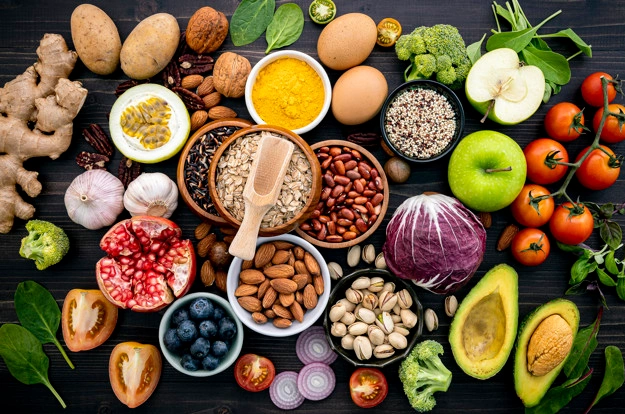PAHAL’s partner ChildFund India is supporting people affected by COVID-19 by providing food, hygiene and frontline worker kits. With an aim to reach out to 500,000 people of 50 districts spread across 15 states of India, the response has so far benefitted 277,526 people.
The COVID-19 pandemic is impacting the most vulnerable and disadvantaged communities adversely. The underserved population is struggling to get food, essential hygiene items, clean water, and healthcare. With an endeavor to support children, families, and communities in desperate need of the lifesaving support, ChildFund India is implementing a two-phase response plan of relief and rehabilitation that will help 500,000 people in 1,741villages of 50 districts spread across 15 states of India.
During the phase-I of the response plan, ChildFund India has helped 277,526 people in 1741 villages in India. The ChildFund team until June 24, has distributed 28,866 food kits impacting lives of 128,501 people, 32,465 hygiene kits that have helped 143,887 people, and 1852 frontline worker kits benefiting 249,034 people. The ChildFund team is also providing educational support and conducting awareness activities which have helped closed to 80,000 people. ChildFund India is striving to reach over 3 lakh people through its Covid-19 response.
As the nation continues to grapple with pandemic, there is a need to ramp up these efforts to help ensure that vulnerable communities have adequate resources and clear guidance on their use. USAID India’s innovative financing platform PAHAL is supporting the endeavors led by ChildFund India, especially in Dhar district of Madhya Pradesh, where the organization runs an intervention called the “Mukti Impact Bond”. Mukti Impact Bond is the world’s first pay-for-performance financing instrument focused on improving Nutritional Status and Treatment Outcomes of 10,000 TB patients, in a phased manner, across high-priority districts in the state of Madhya Pradesh. This intervention also includes measures that will help people stay safe, like hygiene education, handwashing practices, social distancing, etc.
Some of the initiatives taken by ChildFund India to protect children, communities, and staff from this Global Pandemic of COVID-19 are:
- Staff & partners are kept up to date with Government guidelines & advised to adhere to the same
- Partners are advised to avoid large gatherings in the field/community
- Field staff has been instructed & guided to create awareness on hygiene, social distancing, prevention & symptoms of the COVID-19 infection.
- Support is provided to the family for diagnosis & treatment if any child is suspected to be infected with COVID-19.
- Partners are supporting Government by tracking people with relevant travel history in their locations & advising returnees to self- quarantine.
- Distribution of food baskets and hygiene kits is being done to most vulnerable families to ensure food security and family hygiene in this humanitarian crisis.
- Frontline workers are supported with hygiene kits and COVID-19 related information to keep them safe and maintain government service delivery.
About PAHAL: PAHAL is USAID and IPE Global’s flagship innovative financing project which is looking to promote innovative health financing models and market-based approaches to address key health challenges for the poor and vulnerable communities. It seeks to improve access to affordable and quality healthcare solutions for underserved communities with a particular focus on Tuberculosis, Maternal and Child Health, Nutrition and WASH. PAHAL is the Co-Creation and Structuring Advisor for the Mukti Impact Bond.
About ChildFund: ChildFund, a child development organization, has been working with underprivileged children, youth and families from the most remote, extremely backward and hard-to-reach areas in India, since 1951 ChildFund annually reaches nearly 3.5 million children, youth, and their families, from 3200 communities in 85 districts across 15 states in India, through its long and short-term programs by integrating health, nutrition, sanitation, gender equality, disability, education, skill training, livelihoods, child protection and humanitarian relief work.
It is the implementation partner in the Mukti Impact Bond.




